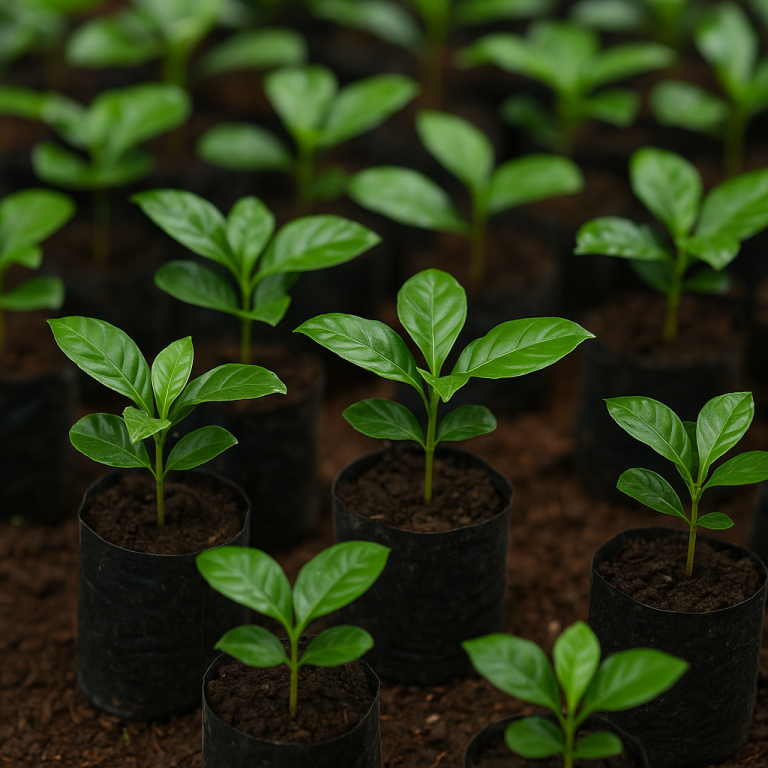On Tuesday, the Nigerian Conservation Foundation (NCF) gave improved crop seeds to farmers in the Maja-kura community in Nguru. They also announced plans to set up a seed bank.
Mr. Harry Junior, who leads the NCF’s wetlands project in Hadejia-Nguru, said the effort is part of a climate change program supported by the UN Development Programme (UNDP) in Yobe State.
He explained that the improved seeds—like soybean, cowpeas, sorghum, and millet—would be kept in the seed bank until the next planting season, so farmers can use them later.
Junior said the program will also allow farmers to trade crop leftovers after harvest to get new seedlings. These leftovers will be turned into animal feed, which will be packaged and sold to bring extra income to the community.
He added that young people would be trained to process the animal feed, while women would help with packaging and selling it, helping families earn more money.
He said the project is designed to empower farmers, teach them new skills, and help them earn steady incomes. It also aims to keep young people engaged and help women take on more active roles in the community.
Dr. Michael Nkereuwem, a lecturer from Federal University Dutse, explained to the farmers how improved seeds can help them deal with climate change.
He also taught the farmers how to plant the seeds, how long they take to grow, and what benefits they bring.
Important people at the event included officials from Yobe’s agriculture and environment ministries, Nguru Local Government, and local community leaders.
Al-amin Umar, Deputy Director of Agriculture in Nguru, said he was happy with the high quality of seeds given to the farmers.
He explained that the seeds are resistant to pests and diseases. Farmers were also taught how to plant them properly, including how many seeds to plant in each hole and how far apart to space them.
Umar praised the NCF for keeping their promise to help many communities in Nguru.


